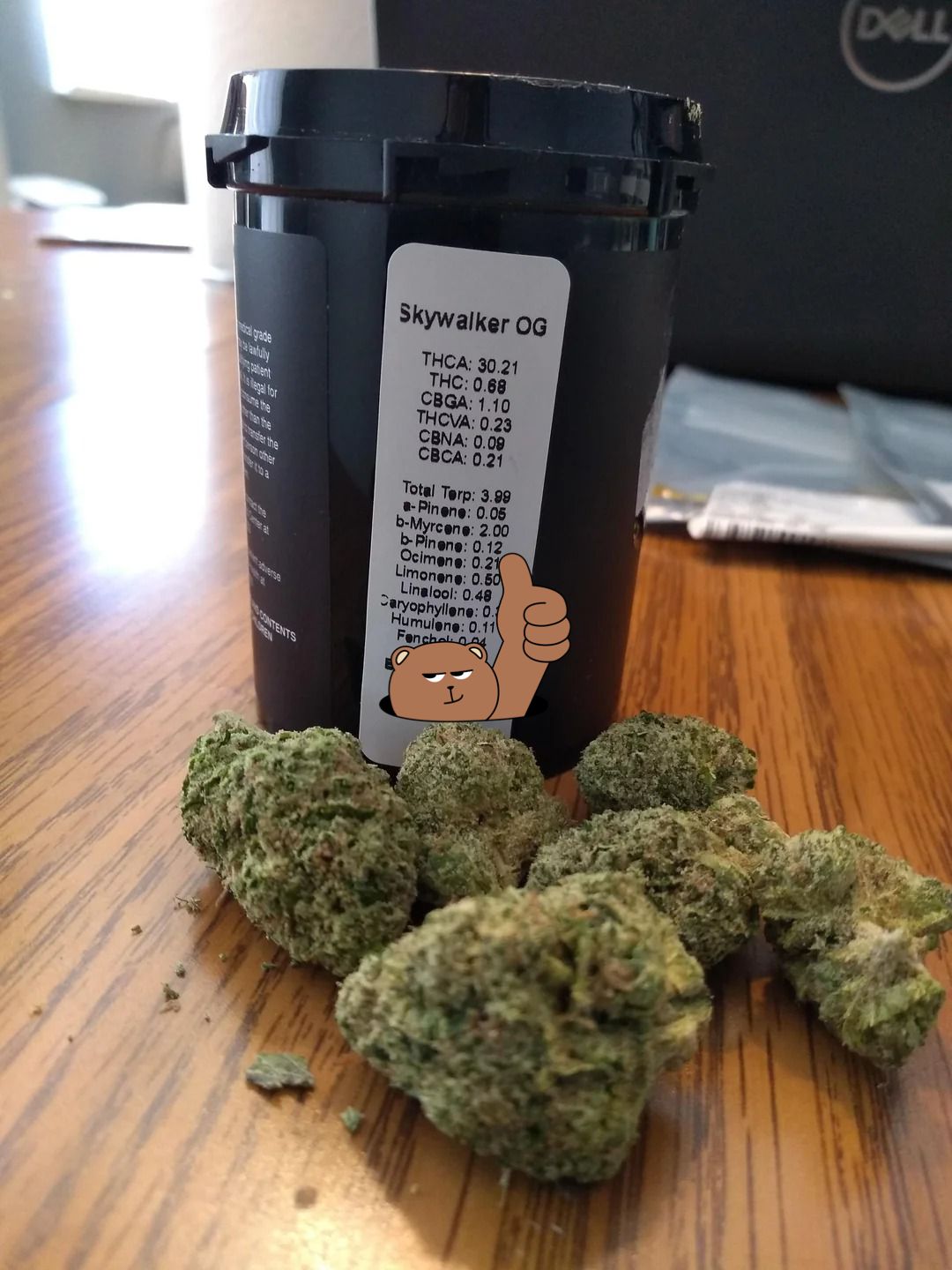Weed in Guadalajara: Cannabis Culture in Central Spain

Guadalajara, located in the autonomous community of Castilla-La Mancha in central Spain, is a city rich in history and culture, known for its beautiful architecture, medieval heritage, and proximity to Madrid. While it may not be as internationally recognized for its cannabis culture as cities like Barcelona or Madrid, Guadalajara is slowly seeing a shift in attitudes toward cannabis. This change is reflective of broader trends in Spain, where public opinion about cannabis use is evolving, and cannabis-related activities are becoming more visible. In this article, we’ll explore the current cannabis scene in Guadalajara, touching on the legal landscape, changing perceptions, and the increasing interest in CBD products in the region.
The Legal Framework of Cannabis in Guadalajara
In Spain, cannabis laws are strict, and Guadalajara is no exception. Recreational cannabis use is illegal in Spain, and public consumption of cannabis is prohibited. This includes smoking in public places such as parks, streets, and open spaces. Anyone caught consuming cannabis in public can face fines or legal consequences. Moreover, the sale and trafficking of cannabis remain criminal offenses in Spain, with serious penalties attached on weed in Guadalajara.
However, Spanish law does allow for personal cannabis cultivation under certain conditions. This distinction makes it possible for people in Guadalajara to cultivate their own cannabis, but only for personal use and without violating public space regulations.
One important aspect of the cannabis culture in Guadalajara, as in many parts of Spain, is the existence of cannabis social clubs. The key to these clubs’ operation is that they are restricted to members, typically residents, and their activities remain confined to private premises. While these clubs operate under a set of rules that aim to avoid legal complications, they are a vital part of the cannabis culture in Guadalajara.
Changing Attitudes Toward Cannabis Use
However, in recent years, public attitudes toward cannabis have been shifting, particularly among younger generations. Many people now view cannabis as a personal choice rather than a criminal activity, a change that mirrors broader trends across Spain.
This shift is largely due to the growing recognition of cannabis’s medicinal benefits. In 2018, Spain legalized medical cannabis, opening the door for patients suffering from conditions like chronic pain, epilepsy, and anxiety to access cannabis for therapeutic use. This change has contributed to a broader understanding of cannabis as a legitimate medicine, helping to reduce the stigma surrounding its use on weed in Guadalajara.
In Guadalajara, the younger, more progressive demographic is leading the charge in changing attitudes. Many people, especially those in their 20s and 30s, view cannabis as a recreational option akin to alcohol or tobacco. This shift in public perception is part of a broader trend in Spain, where there is increasing support for cannabis reform. As people begin to see cannabis as a part of modern culture, the stigma surrounding its use is gradually diminishing on weed in Guadalajara.
The Rise of CBD Products in Guadalajara
One of the most noticeable trends in Guadalajara, and indeed across Spain, is the growing popularity of CBD (cannabidiol) products. Instead, CBD is known for its therapeutic effects, such as reducing anxiety, relieving pain, and improving sleep quality.
CBD products, including oils, tinctures, creams, edibles, and capsules, have become increasingly available in health shops, wellness centers, and pharmacies throughout Guadalajara. These products are legal in Spain, as long as they contain less than 0.2% THC, making them accessible to a wide range of consumers. Many people in Guadalajara are turning to CBD products for natural relief from various conditions, including chronic pain, stress, and insomnia.
This has contributed to a more positive view of cannabis in the community, as people begin to recognize its potential for wellness and therapeutic use. For many, CBD offers a legal and socially acceptable way to benefit from the plant without the stigma associated with recreational cannabis use.
The Future of Cannabis in Guadalajara
While recreational cannabis remains illegal in Guadalajara, the city’s cannabis culture is evolving. The increasing popularity of CBD products, alongside the presence of cannabis social clubs, reflects a broader shift in attitudes. As more people become aware of cannabis’s medicinal and wellness benefits, it’s likely that the demand for cannabis-related products and services will continue to grow.
In the long term, if Spain moves toward broader cannabis reform, Guadalajara could see a surge in cannabis-related businesses, including wellness centers, dispensaries, and even cannabis tourism. As more regions of the world move toward cannabis legalization, public support for reform in Spain is growing, which may eventually lead to changes in the legal framework surrounding cannabis use. If recreational cannabis is legalized, Guadalajara could become an important destination for cannabis enthusiasts and wellness seekers alike.
Conclusion
Cannabis culture in Guadalajara is slowly evolving, with changing attitudes toward its use and the rise of CBD products in the region. While recreational cannabis remains illegal, the growing interest in cannabis for medicinal and wellness purposes is helping to normalize its use. The existence of cannabis social clubs, alongside the increased availability of CBD products, signals that the town’s cannabis culture is gradually becoming more visible. As public opinion continues to shift and cannabis reform becomes more likely in Spain, Guadalajara could play a role in the future of cannabis culture in the country.

Skywalker product exceeded my expectations in both potency and purity, I really appreciated the discretion and professionalism in the delivery process , you can reach to him on Telegram t.me/skywalkerOG_1 and also there email realskywalkerog1@gmail.com
“Man, that skywalker OG you gave me last night was fire. Smoothest smoke I’ve had in months.”

Great service, easy to work with and I’m very satisfied. I’m so happy I found skywalker here. He is super responsive, on time and the quality of weed he sells are serious on point and top notch.